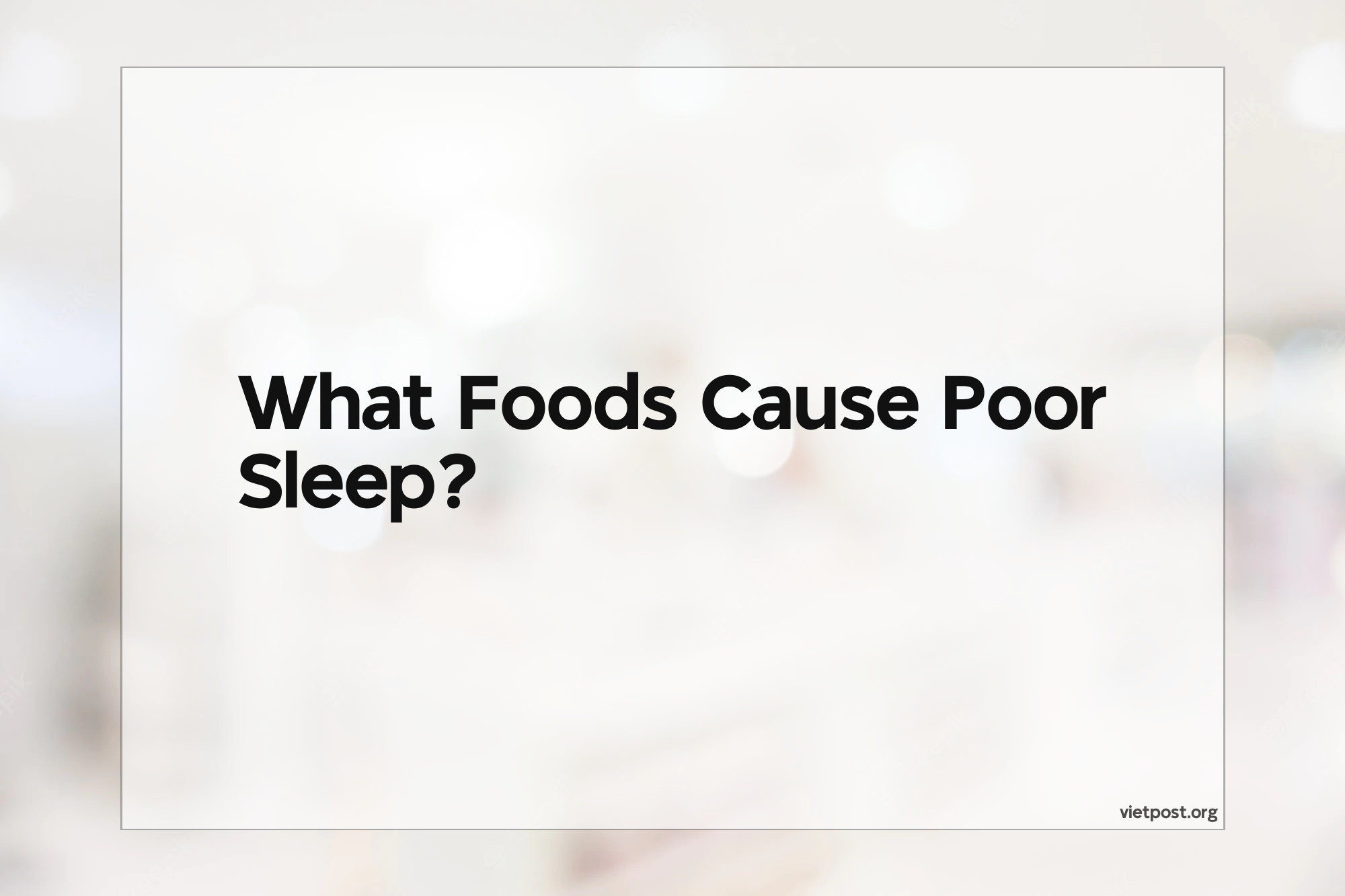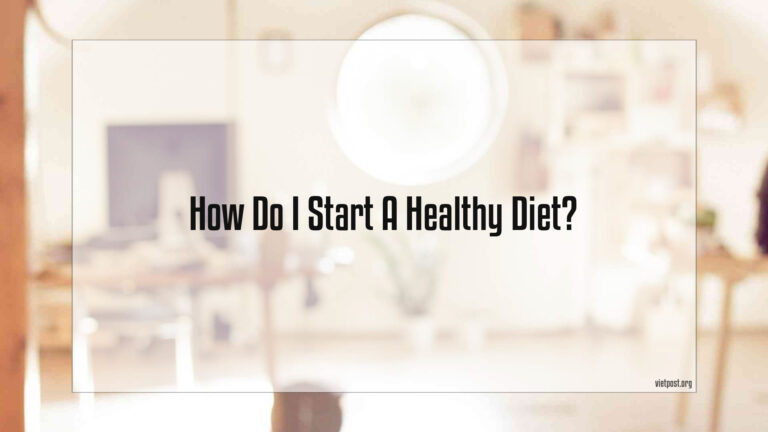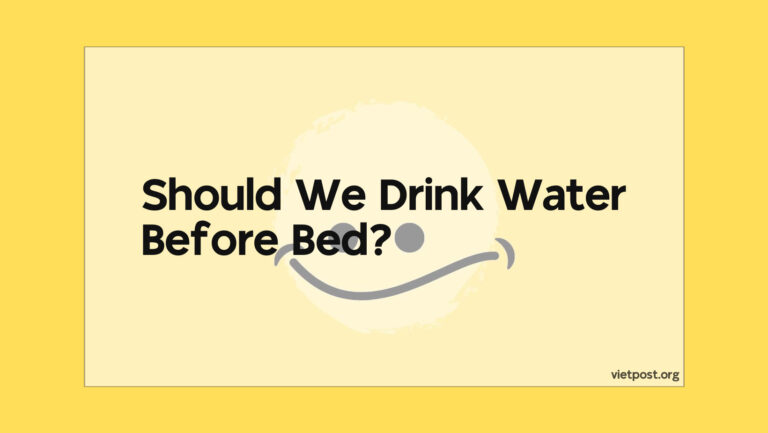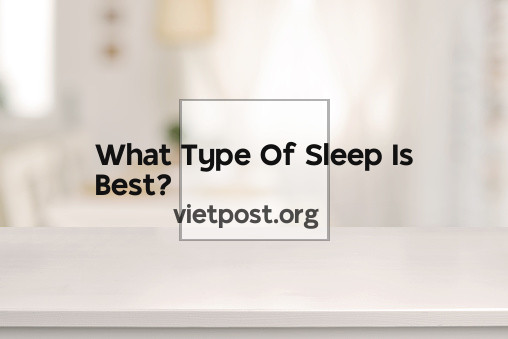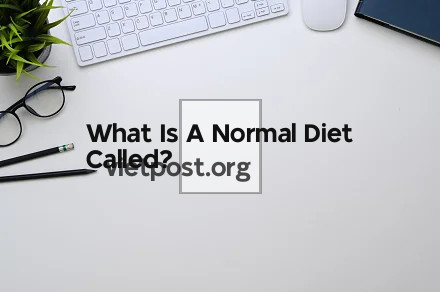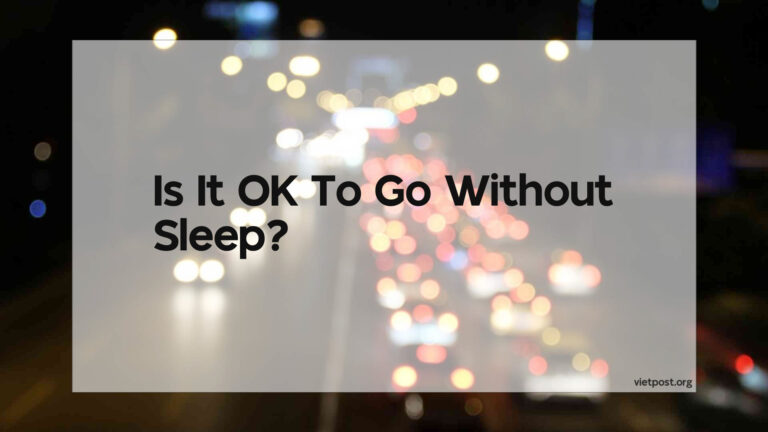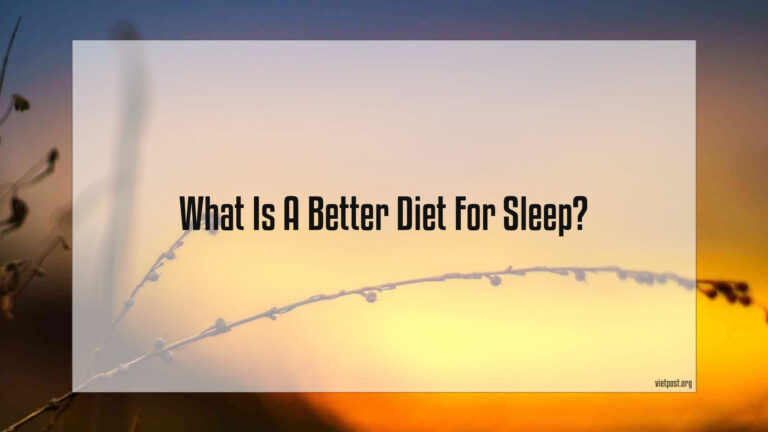What Foods Cause Poor Sleep?
Foods that contain caffeine or sugar can cause poor sleep.
There are a number of foods that can cause poor sleep. Caffeine is a stimulant and can keep people awake. Alcohol may help people fall asleep, but it leads to poorer quality sleep. Sugar can cause energy spikes and then crashes, leading to difficulty sleeping.
Fatty foods can also cause sleep problems. High-fat meals can cause indigestion and sleep disruptions. Spicy foods can cause heartburn and also disturb sleep.
There are a number of other foods that can also lead to poor sleep. These include foods that are high in sugar, artificial additives, and preservatives. Eating a large meal before bed can also lead to sleep problems.
What Are Some Foods That Can Cause Poor Sleep?
Some foods that can cause poor sleep are: caffeine, alcohol, chocolate, high-fat foods, and spicy foods.
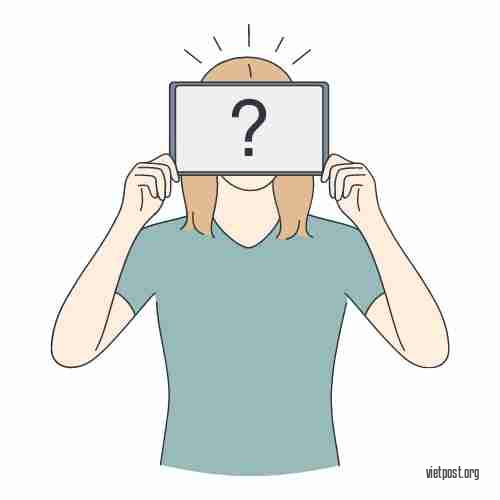
There are a few different types of foods that can cause poor sleep. The first is foods that are high in sugar. Eating too much sugar can cause a person to feel energetic and wired, making it difficult to fall asleep. The second is caffeine. Caffeine is a stimulant that can make it difficult to fall asleep and stay asleep. The third is alcohol. Alcohol can make it difficult to fall asleep and can cause people to wake up during the night.
Poor sleep can have a significant impact on a person’s health. It can cause fatigue, irritability, and difficulty concentrating. It can also lead to more serious health problems, such as obesity, heart disease, and diabetes. If you think that your sleep is being affected by what you’re eating, talk to your doctor.
What Are Some Of The Effects Of Poor Sleep?
Some of the effects of poor sleep are feeling tired during the day, having trouble concentrating, and feeling irritable.
It’s well-known that a good night’s sleep is important for overall health, but
What are some of the specific effects of poor sleep?
1. Poor sleep can lead to weight gain.
When you don’t get enough sleep, your body’s hormones get out of balance. This can increase your appetite, especially for sugary and fatty foods. Not only that, but you’re also more likely to overeat when you’re tired.
2. Poor sleep can cause memory problems.
Not getting enough sleep can hurt your ability to remember things. That’s because during sleep, your brain consolidates memories and prepares them for long-term storage.
3. Poor sleep can make you moody.
If you’re not getting enough sleep, you may find yourself feeling irritable and short-tempered. You may also be more sensitive to light and sound.
4. Poor sleep can weaken your immune system.
When you don’t get enough sleep, your body produces fewer infection-fighting cytokines. This makes you more likely to get sick.
5. Poor sleep can increase your risk of accidents.
Drowsy driving is a major cause of accidents. In fact, it’s responsible for more than 100,000 accidents every year.
6. Poor sleep can cause heart problems.
Poor sleep is linked to an increased risk of heart disease, high blood pressure, and stroke.
7. Poor sleep can make you age faster.
Not getting enough sleep can lead to premature aging. That’s because sleep helps to repair your cells and tissues.
If you’re not getting enough sleep, talk to your doctor. There may be an underlying cause, such as sleep apnea or insomnia. Treating the cause can help improve your sleep and your overall health.
FAQ
How Can Poor Sleep Be Prevented?
What Are Some Of The Consequences Of Poor Sleep?
Conclusion
There are many foods that can cause poor sleep, including caffeine, alcohol, spicy foods, and sugary foods. If you are having trouble sleeping, it is best to avoid these foods and eat foods that are known to promote sleep, such as dairy products, bananas, and whole grains.
Hopefully, you are clear now about what foods can cause poor sleep. If you still have any questions, feel free to comment below.

